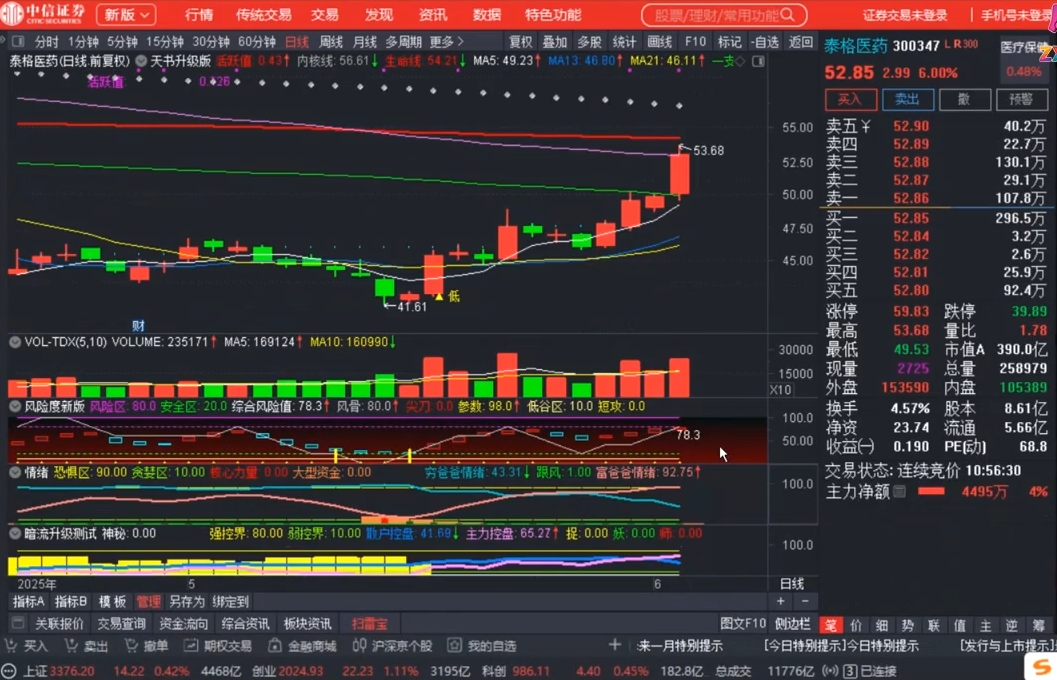下面由thinkphp框架教程欄目給大家解析thinkphp基于反射實現鉤子的方法,希望對需要的朋友有所幫助!
thinkphp框架的控制器模塊是如何實現 前控制器、后控制器,及如何執行帶參數的方法?
PHP系統自帶的 ReflectionClass、ReflectionMethod 類,可以反射用戶自定義類的中屬性,方法的權限和參數等信息,通過這些信息可以準確的控制方法的執行。
ReflectionClass:
主要用的方法:
立即學習“PHP免費學習筆記(深入)”;
hasMethod(String)? 是否存在某個方法
getMethod(string)? 獲取方法
ReflectionMethod:
主要方法:
ispublic()??? 是否為 public 方法
getNumberOfParameters()? 獲取參數個數
getParamters()? 獲取參數信息
invoke( Object $object [, mixed $parameter [, mixed $… ]] ) 執行方法
invokeArgs(object obj, Array args)??帶參數執行方法
實例演示
<?php class BlogAction { public function detail() { echo 'detail' . " "; } public function test($year = 2014, $month = 4, $day = 21) { echo $year . '--' . $month . '--' . $day . " "; } public function _before_detail() { echo __FUNCTION__ . " "; } public function _after_detail() { echo __FUNCTION__ . " "; } } // 執行detail方法 $method = new ReflectionMethod('BlogAction', 'detail'); $instance = new BlogAction(); // 進行權限判斷 if ($method->isPublic())?{ ??$class?=?new?ReflectionClass('BlogAction'); ??//?執行前置方法 ??if?($class->hasMethod('_before_detail'))?{ ????$beforeMethod?=?$class->getMethod('_before_detail'); ????if?($beforeMethod->isPublic())?{ ??????$beforeMethod->invoke($instance); ????} ??} ??$method->invoke(new?BlogAction); ??//?執行后置方法 ??if?($class->hasMethod('_after_detail'))?{ ????$beforeMethod?=?$class->getMethod('_after_detail'); ????if?($beforeMethod->isPublic())?{ ??????$beforeMethod->invoke($instance); ????} ??} } //?執行帶參數的方法 $method?=?new?ReflectionMethod('BlogAction',?'test'); $params?=?$method->getParameters(); foreach?($params?as?$param)?{ ??$paramName?=?$param->getName(); ??if?(isset($_REQUEST[$paramName]))?{ ????$args[]?=?$_REQUEST[$paramName]; ??}?elseif?($param->isDefaultValueAvailable())?{ ????$args[]?=?$param->getDefaultValue(); ??} } if?(count($args)?==?$method->getNumberOfParameters())?{ ??$method->invokeArgs($instance,?$args); }?else?{ ??echo?'parameters?is?wrong!'; }
另一段代碼參考
/** ?*?執行App控制器 ?*/ public?function?execApp()?{ ??//?創建action控制器實例 ??$className?=?MODULE_NAME?.?'Controller'; ??$namespaceClassName?=?'apps'?.?APP_NAME?.?'controller'?.?$className; ??load_class($namespaceClassName,?false); ??if?(!class_exists($namespaceClassName))?{ ????throw?new?Exception('Oops!?Module?not?found?:?'?.?$namespaceClassName); ??} ??$controller?=?new?$namespaceClassName(); ??//?獲取當前操作名 ??$action?=?ACTION_NAME; ??//?執行當前操作 ??//call_user_func(array(&$controller,?$action));?//?其實吧,用這個函數足夠啦!!! ??try?{ ????$methodInfo?=?new?ReflectionMethod($namespaceClassName,?$action); ????if?($methodInfo->isPublic()?&&?!$methodInfo->isStatic())?{ ??????$methodInfo->invoke($controller); ????}?else?{?//?操作方法不是public類型,拋出異常 ??????throw?new?ReflectionException(); ????} ??}?catch?(ReflectionException?$e)?{ ????//?方法調用發生異常后,引導到__call方法處理 ????$methodInfo?=?new?ReflectionMethod($namespaceClassName,?'__call'); ????$methodInfo->invokeArgs($controller,?array($action,?'')); ??} ??return; }
相關推薦:最新的10個thinkphp視頻教程
? 版權聲明
文章版權歸作者所有,未經允許請勿轉載。
THE END



















